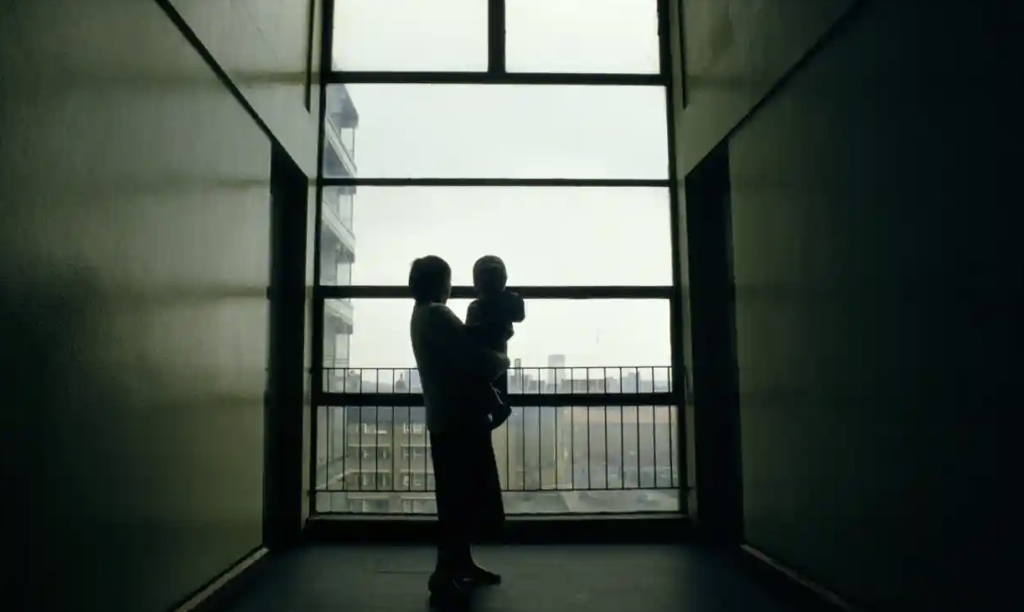Australia’s peak body organisation run by and for women with disability is disappointed that this years Federal Budget does not include any targeted measures to address the widespread violence, abuse and discrimination experienced by women and girls with disability.
After the prominence of conversations around women’s safety over the last year, the Federal Government has committed a further $1.3 billion over six years to implement measures under the National Plan to End Violence Against Women and Children 2022-2032.
While this is a welcome investment, Women With Disabilities Australia, Executive Director has raised concern about the ability of mainstream programs to address the unique and insidious forms of violence experienced by women with disability.
“Compared to their peers, women and girls with disability experience significantly higher levels of all forms of violence more intensely and frequently and are subjected to violence by a greater range of perpetrators and in a larger range of settings.”
“Despite WWDA’s many years of work calling for mainstream prevention efforts, violence response services and national strategies to include women with disability; the primary focus has remained on addressing intimate partner violence, and ignored the fact that perpetrators of violence against women with disability are often parents, carers, support workers, government agencies and institutions.”
Under the $1.3 billion in the budget, $222.6 million is going towards improving initiatives to prevent gendered violence, $328.2 million is being provided to help create programs focused on early intervention and $480.1 million is being allocated to fund programs that support women and children experiencing domestic violence, including extending the Escaping Violence Payments and Safe Places program.
In response to the new funding announcements Carolyn Frohmader stated, “While we acknowledge and welcome the $9.3million that was provided in last year’s Federal Budget to fund initiatives specifically to address the high rates of violence experienced by women with disability, it is essential that the experiences and needs of women with disability are incorporated into mainstream efforts to improve the safety of all women, rather than siloed as a separate ‘issue’.”
As a victim-survivor and advocate supporting women with disability who have experienced violence, WWDA’s Senior Policy Officer, Tess Moodie has critiqued this investment into existing programs, stating, “The eligibility of current initiatives to support women to escape violence too often exclude women who need them the most.”
“The current eligibility criteria for accessing the Escaping Family Violence payment for example, requires women to have experienced violence from an intimate partner within the last 12 weeks and to have evidence of the incident from a domestic or family violence service or police report.”
“Women with disability, indigenous women, women who are culturally and linguistically diverse and LGBTIQA+ people often do not report to police or seek help from a domestic or family violence service because they are culturally inappropriate or inaccessible. The narrow focus of the Escaping Family Violence payment also renders many women with disability invisible.”
WWDA’s Director of Policy and Programs, Heidi La Paglia Reid, expanded. “There has been a significant increase in the incidents and reporting of violence during COVID19 pandemic, as well as increased barriers to escaping violence due to COVID-19 restrictions and the increasing cost of living. While the announcement of one-off payments are appreciated; they will do nothing to address the persistent and ongoing disadvantage that women with disability are experiencing.”
This week, the Disability Royal Commission is investigating the experiences of women and girls with disability at a Public Hearing in Hobart. On Thursday WWDA will be giving evidence calling on the Australian Government to implement specific measures to address violence against women and girls with disability.
[END]
Media Contact:
Heidi La Paglia Reid, WWDA Director of Policy and Programs
0448417850

